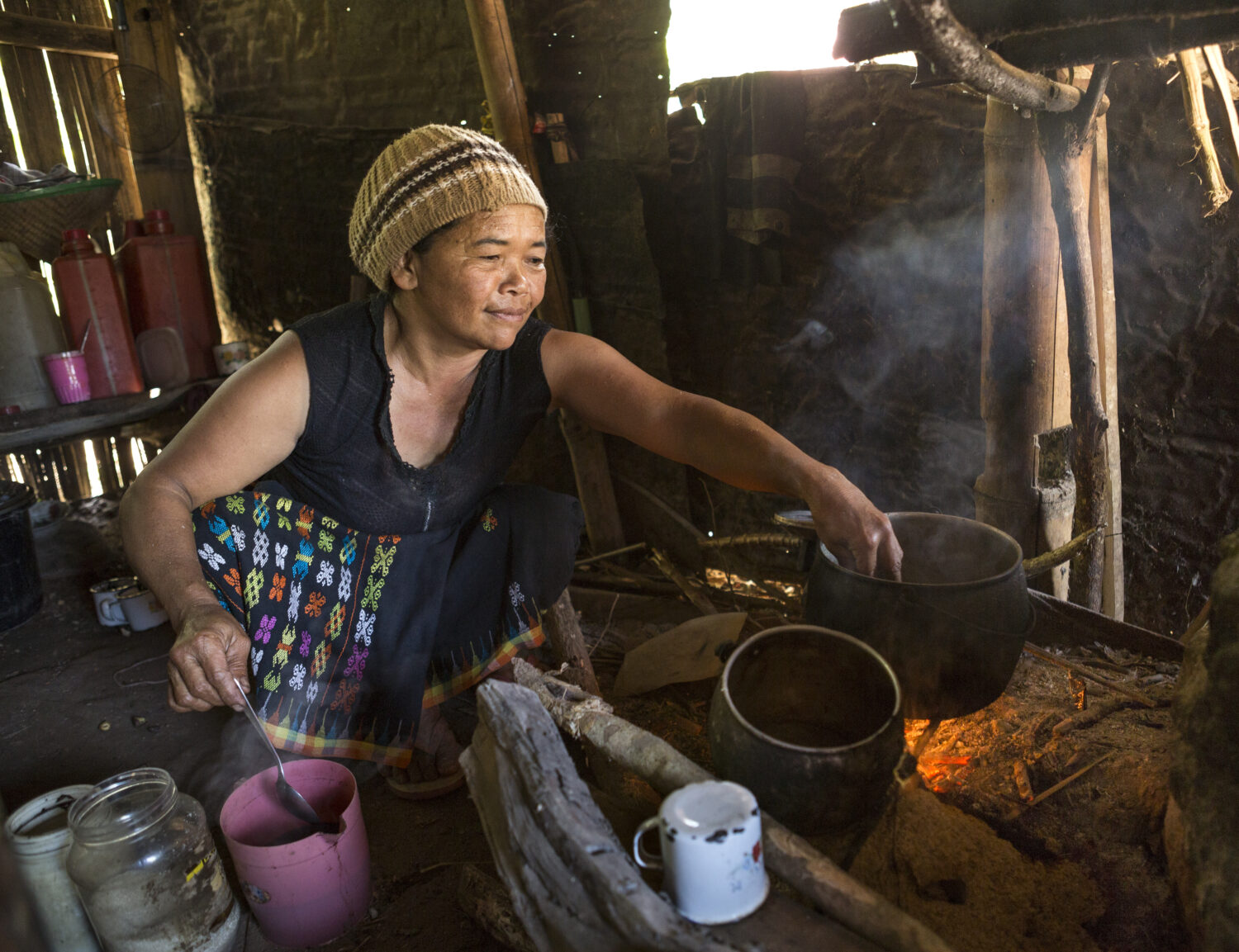What will I learn?
Through studying this course, you will develop the following:
- An understanding of contemporary real-world issues such as war and conflict, the environment,
- Poverty, injustice, and human rights;
- An ability to engage with anthropological approaches and develop critical, reflexive knowledge;
- An ability to explore the characteristics and complexities of social and cultural life and develop new ways of thinking about the world that demonstrate the interconnectedness of local, regional and global processes and issues;
- The capacity to foster an awareness of how cultural and social contexts inform the production of anthropological knowledge.
What is the structure of the course?
Higher Level
Standard Level
Part 1: Engaging with Anthropology
As SL with extensions
- The language of anthropology
- The practice of anthropology
- Anthropological thinking
Part 2: Engaging with Ethnography
- HL – One from each of the below three groups plus one additional
- SL – One from each of the below three groups
Group 1
- Classifying the world
- Health, illness and healing
- The body
Group 2
- Belonging
- Communication, expression and technology
- Movement, time and space
Group 3
- Conflict
- Development
- Production, exchange and consumption
Part 3: Coursework
Fieldwork
Limited fieldwork (observation, second data collection and critical reflection)
How will I be assessed?
Assessment
Higher Level
Standard Level
Fieldwork
- Proposal form;
- Critical reflection;
- Research report and reflection (25%)
- Observation Report;
- Extension of initial fieldwork
- Second fieldwork data collection and analysis;
- Critical reflection (20%)
Final
Examination
Paper 1 – 2 hours (30%)
Paper 2 – 2.5 hours (45%)
Paper 1 – 1.5 hours (40%)
Paper 2 – 1.5 hours (40%)
Frequently Asked Questions
Which CAS opportunities are available?
Journalism Club; MOOC Courses; Debating Club.
Which opportunities for further study are available?
The World Anthropology IB prepares you for any university course that requires students to consider belonging; classifying the world; communication, expression and technology; conflict; development; health, illness and healing; movement, time and space; production, exchange and consumption; and the body. At the heart of the course is the practice of anthropologists, and the insights they produce in the form of ethnographic material.
Through authentic anthropological practice, you will engage with anthropological approaches and develop critical, reflexive knowledge.
Is there anything else I need to know?
The course will engage you with the concepts, methods, language and theories of the discipline. At the heart is the practice of anthropologists, and the insights they produce in the form of ethnographic material. Through authentic anthropological practice, you will engage with anthropological approaches and develop critical, reflexive knowledge.
The course contributes a distinctive approach to intercultural awareness and understanding, which embodies the essence of an IB education, and will make you a globally aware, internationally minded, and ethically sensitive citizen.



